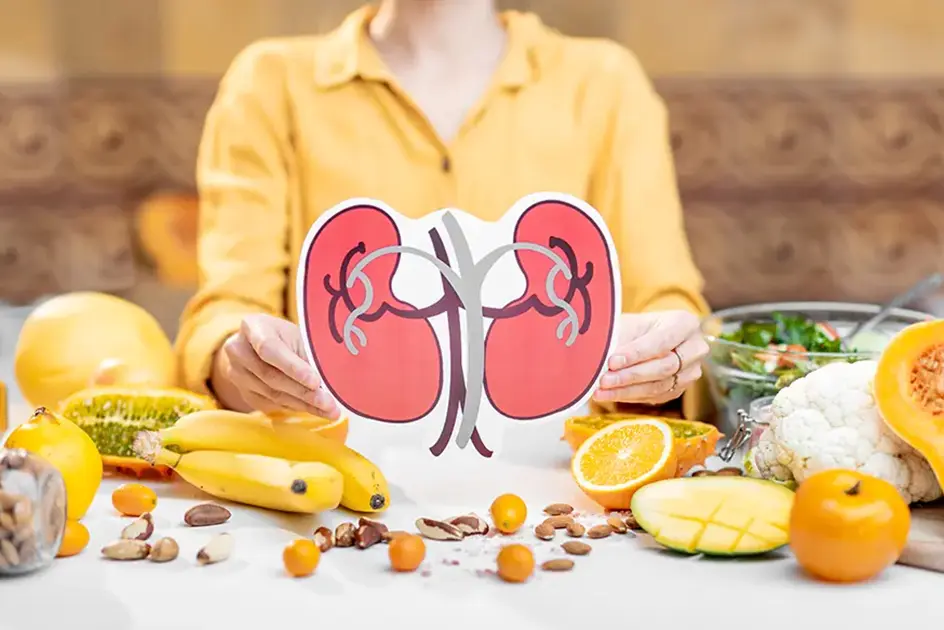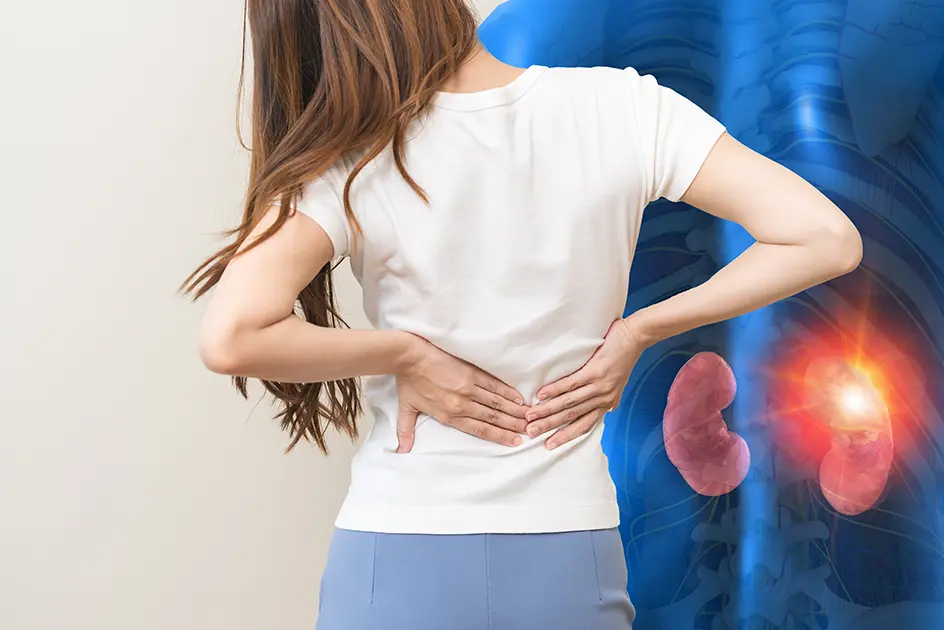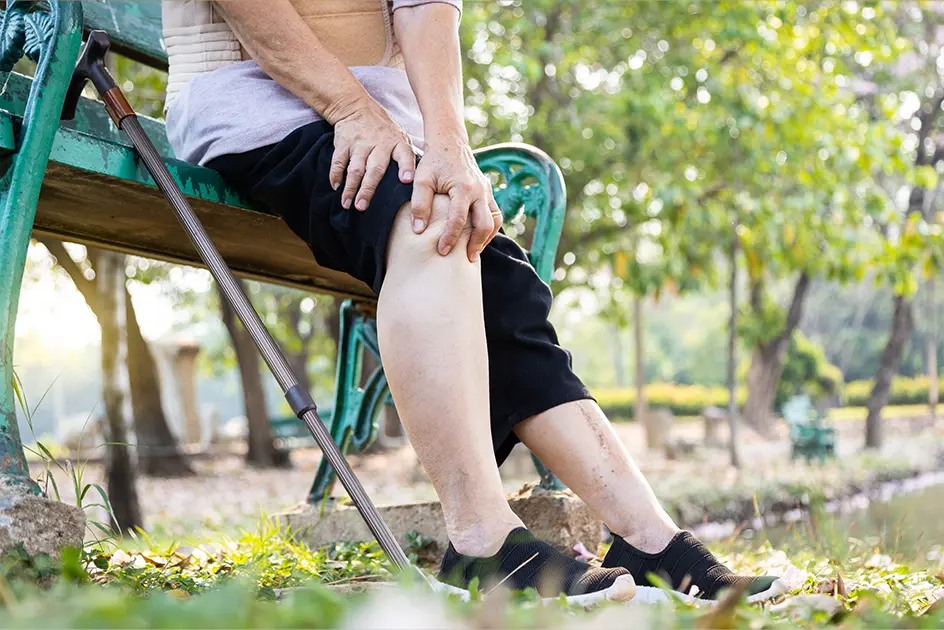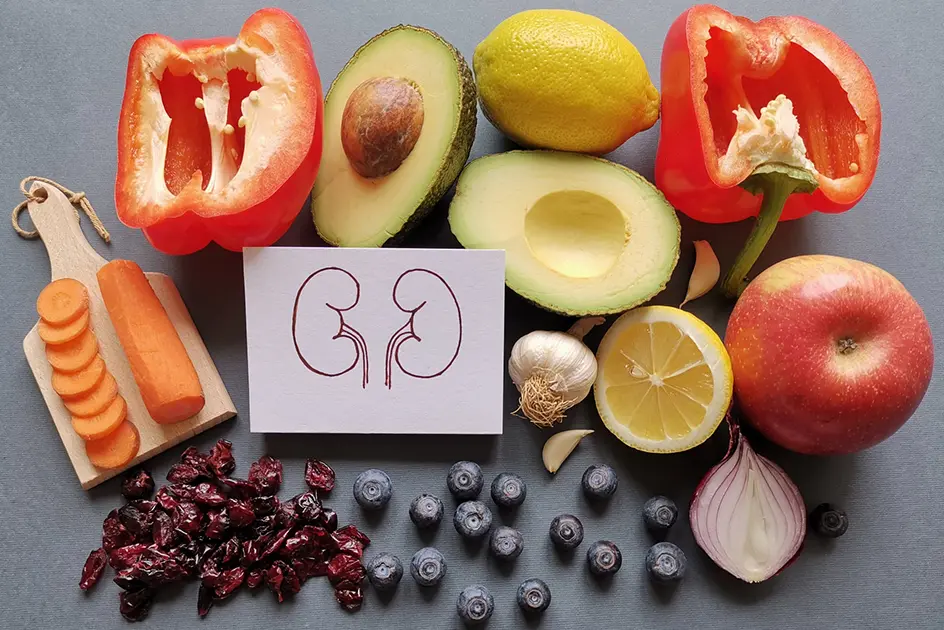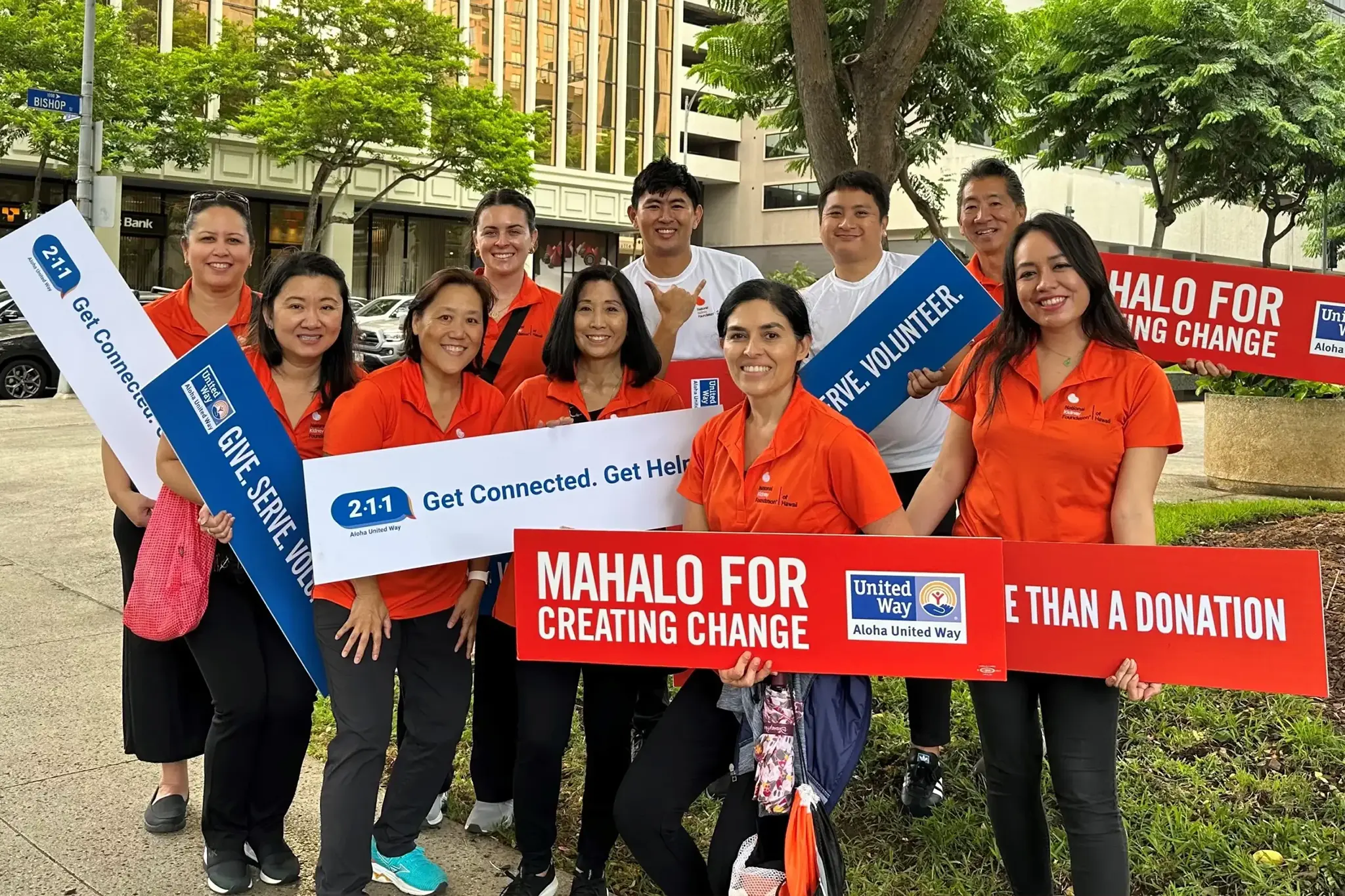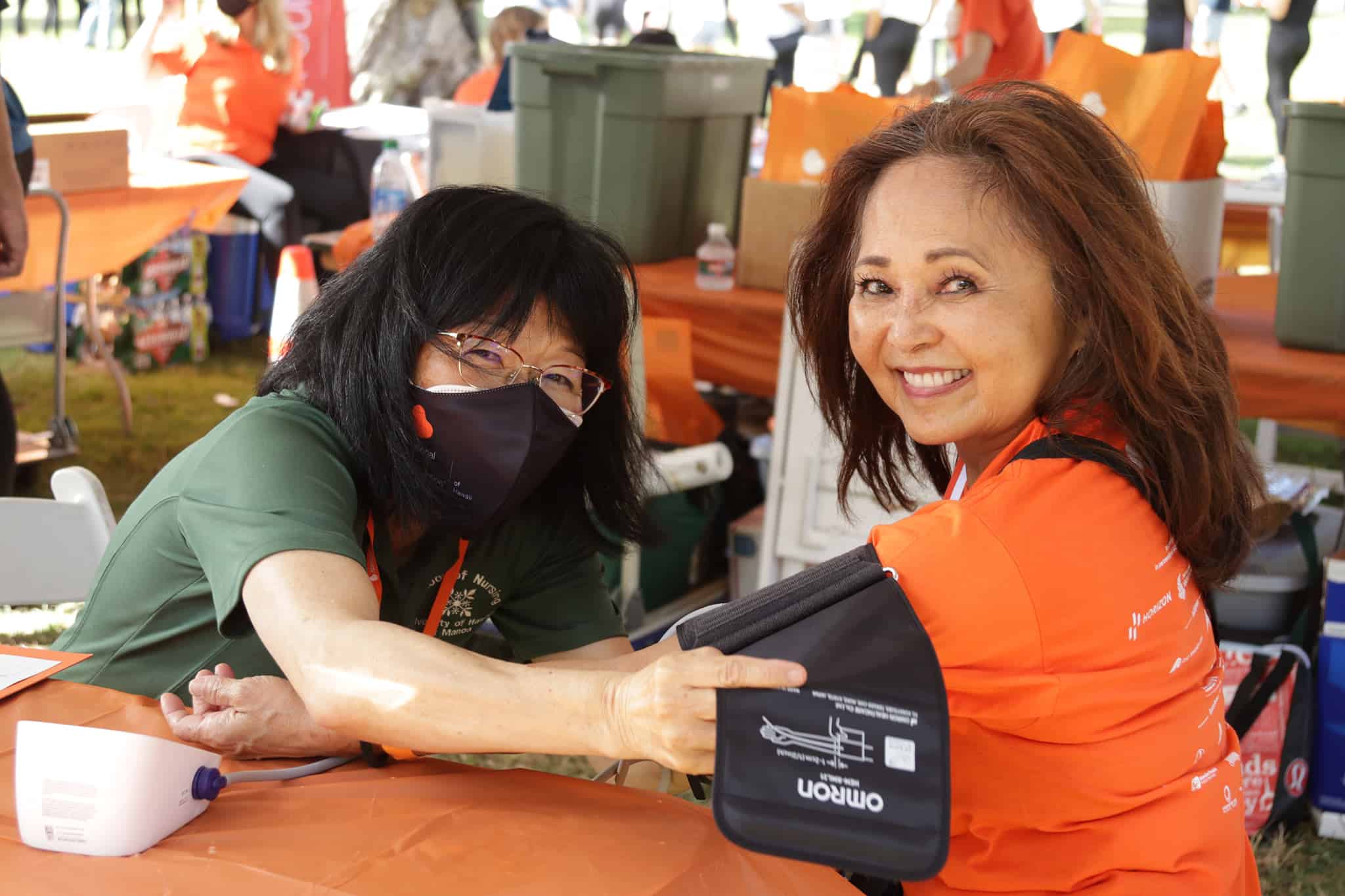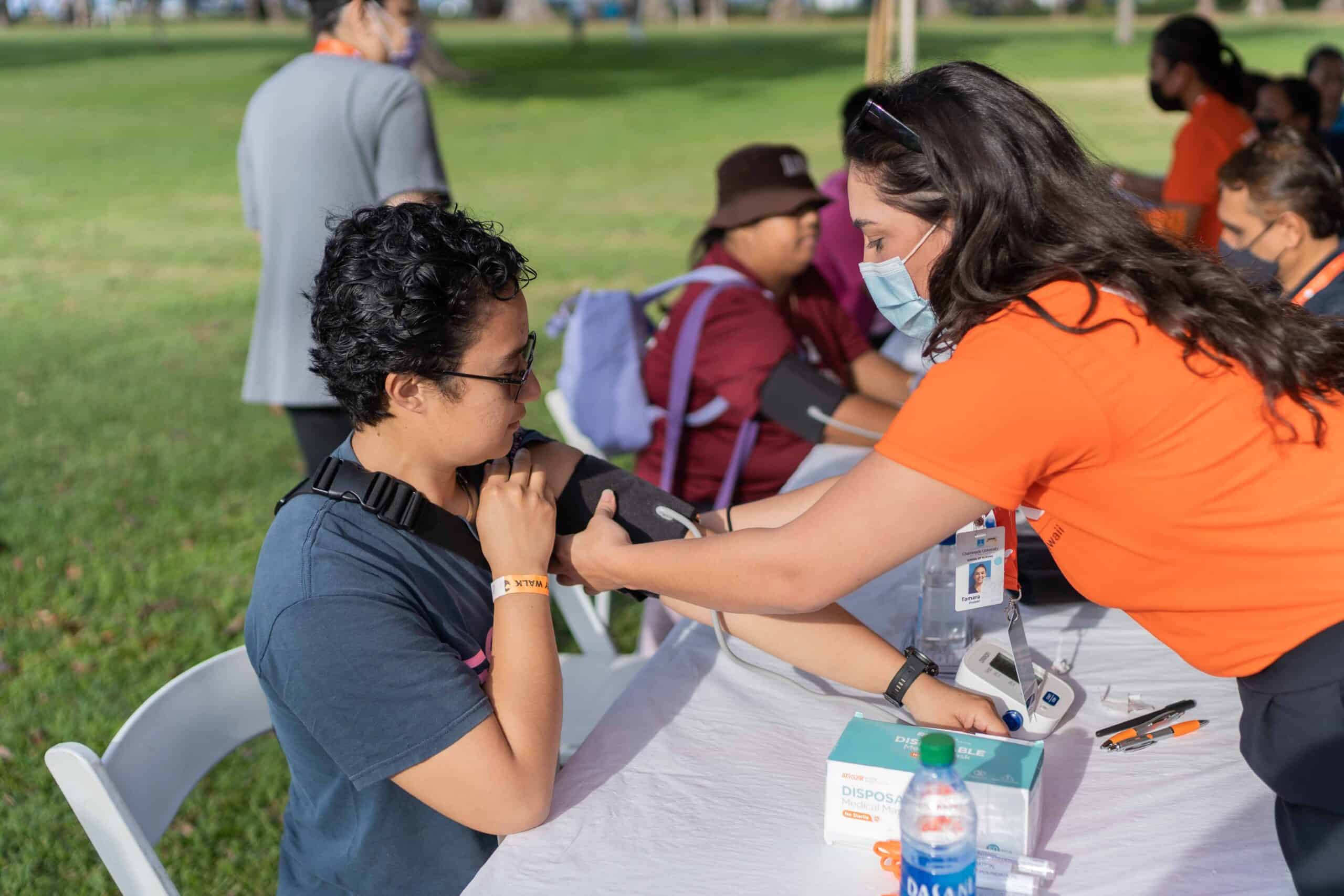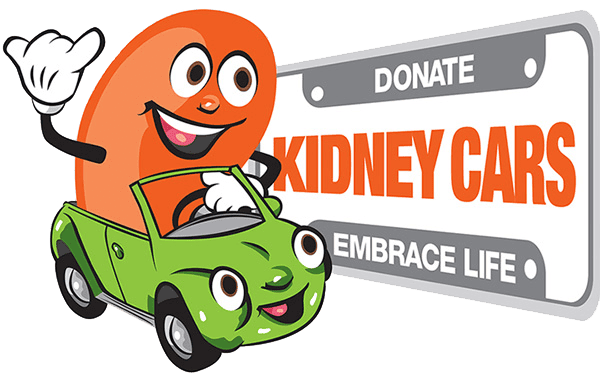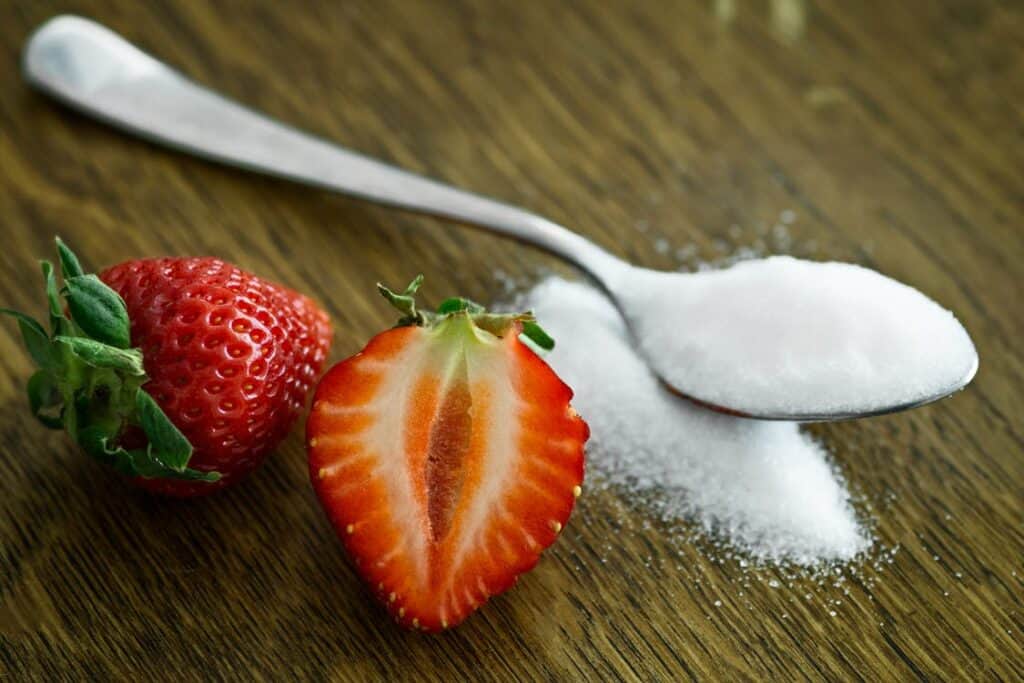Have you ever heard someone say they avoid fruits because of “too much sugar?” The idea that naturally healthy foods (like fruit) should be avoided is something that drives dietitians crazy. Fruit doesn’t deserve the bad reputation it gets, and here’s why.
Sugar has replaced fat as the nutritional “bad guy.” We consume more sugar now than ever before. Too much added sugar is linked with heart disease, obesity and diabetes. With that came the craze of low-carbohydrate or “low-carb” diets. You probably know somebody who is on a ketogenic diet or other low-carb diet. They avoid fruits and starchy vegetables that kick them out of ketosis. All carbohydrates – fruit, bread, pasta, milk or potatoes – are ultimately converted to glucose, which our cells use for energy. In fact, our bodies prefer carbs over protein or fat for fuel. Yet people on low-carb diets shy away from these foods believing that carbs are “bad” for your health, cause diabetes, or make you fat.
All sugars, whether natural or processed, are simple carbohydrates your body uses for energy. Fruits, vegetables and dairy foods contain natural sugar. “Added sugars” are the sugars and syrups added to foods during processing. Beverages are the top sources of added sugars in the American diet, but they’re found in many other foods as well. Health issues like weight gain and tooth decay are related to consuming too much added sugar, not from eating sugars that are naturally found in fruits, starchy vegetables and milk. The problem lies in the name “sugar.” People don’t make the distinction between the two. Sugar has more than 60 names. High-fructose corn syrup, evaporated cane juice, maltodextrin and brown rice syrup are all names for sugar. It’s not “healthier” to have foods with raw honey, brown, coconut, or organic sugar in it. If it’s incorporated into a food during processing, it’s considered an added sugar.
The 2015-2020 U.S. Dietary Guidelines for Americans recommends limiting added sugars to no more than 10% of your daily calorie needs. That’s about 12 teaspoons per day for adults, 7 teaspoons for children. The American Heart Association advises an even stricter limit for added sugars. It can be difficult to track sugar in terms of teaspoons or grams, so it’s easier to limit food products that are high sources of added sugar. The major food and beverage sources of added sugars in the American diet are: regular soft drinks, energy drinks, sports drinks and candy. Cereals, frozen foods, protein bars, condiments, and even pasta sauce are also very high in sugar. If you see sugar listed among the first few ingredients on a food label, the product is very high in sugar. Make it a habit to read the Nutrition Facts label when comparing foods. By 2020, the FDA is mandating food manufacturers include “added sugars” on the label under carbohydrate grams.
Takeaway: it’s not “sugar” that is bad. It’s too much added sugar in the average diet that displaces nutrient-rich foods like fruit and grains and is what contributes to other chronic health problems. For better health, it’s best to follow the U.S. Dietary Guidelines for well-balanced diets and to limit intake of added sugars.
This information is meant to be used as a resource and is not meant to replace medical advice. For more information, contact programs@kidneyhi.org.
References:
https://www.heart.org/en/healthy-living/healthy-eating/eat-smart/sugar/added-sugars

